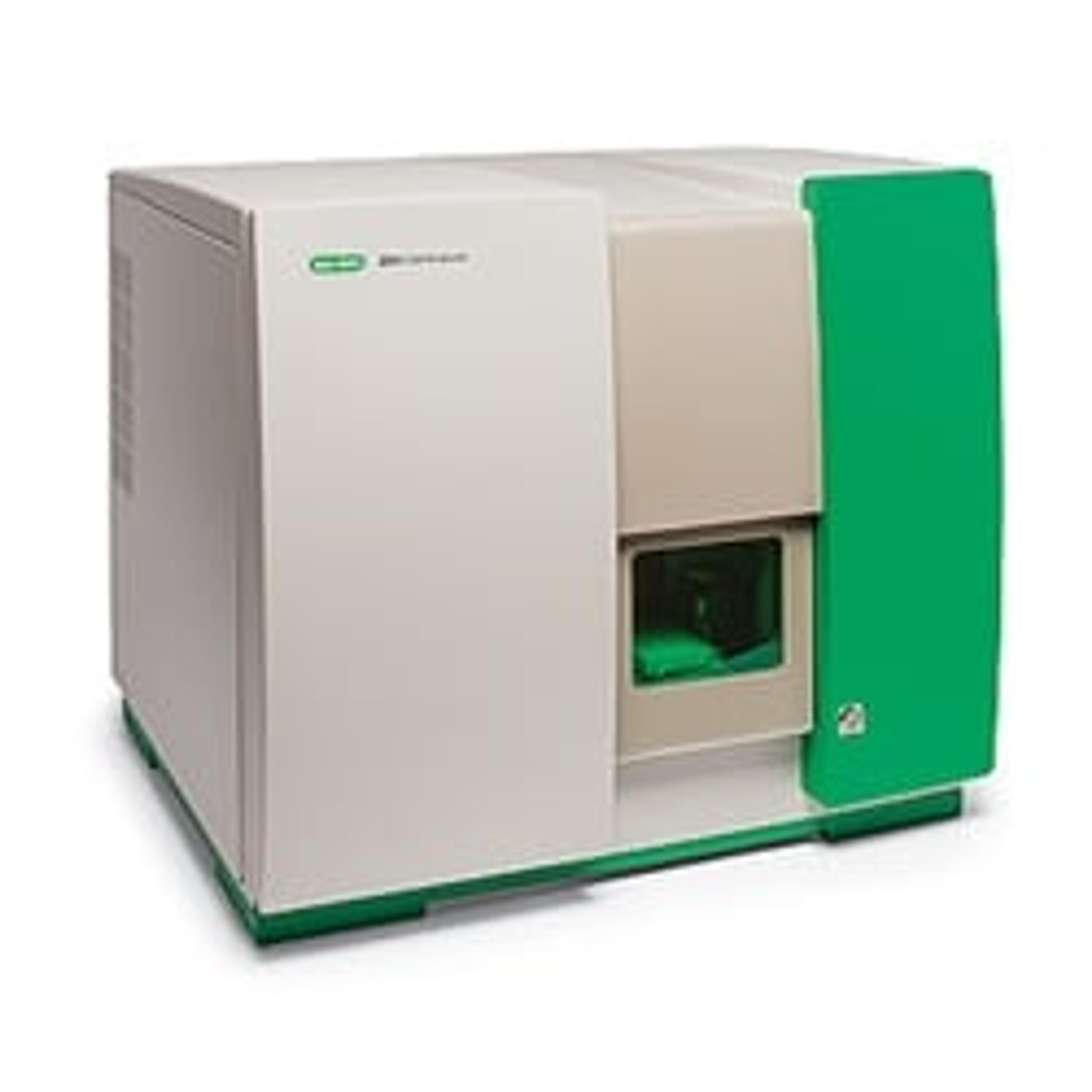Accelerated production of novel immunotherapies with high-throughput screening
Dr. Dallas Flies, Vice President, Discovery Research, NextCure, Inc. discusses the cutting-edge technology transforming the identification of new targets for the development of effective immunotherapeutics
28 Jul 2021

A major challenge in the development and production of immunotherapeutics is the shortage of novel targets that can be exploited. To tackle this, NextCure, a fully integrated clinical-stage biopharmaceutical company, is working hard to accelerate the development of cancer therapeutics and improve patient care, by identifying potential targets through advanced high-throughput screening techniques such as flow cytometry and cell sorting.
In this SelectScience article, we talk with Dr. Dallas Flies, Vice President, Discovery Research, NextCure, Inc. about the key challenges associated with immunotherapy development, and discuss how the FIND-IOTM gene library screening discovery platform can help to overcome these issues. Flies also emphasizes the importance of flow cytometry for future screening of many other disorders and highlights how Bio-Rad’s ZE5 Cell Analyzer and S3e Cell Sorter, in combination with the FIND-IOTM, can help enhance the identification of novel targets.
SS: Tell us more about your work on immuno-medicines?
DF: As a company, we recently filed an investigational new drug (IND) application for our third immuno-medicine product candidate and have recently entered clinical stage testing. The Discovery Research Department has contributed to understanding the novel biology of these targets in order to move these immuno-medicines to the clinic. However, major activities of Discovery Research at NextCure include the discovery of targets with truly novel biology that play an important role in cancer or other diseases and can be therapeutically targeted for clinical intervention.
SS: What challenges are your customers currently facing?
DF: The field of cancer biology is lacking novel targets and novel biology for developing new immuno-medicines to treat patients that currently do not respond to existing therapies. Sadly, this remains true for the majority of cancer patients. Therefore, NextCure is committed to identifying and developing novel immuno-medicines for as many of these patients as possible.
SS: How does the FIND-IOTM gene library screening discovery platform help overcome these challenges?
DF: The Functional, Integrated NextCure Discovery of Immune Oncology (FIND-IOTM) gene library high-throughput screening platform was developed as a function forward platform, to identify proteins with immune activity that would otherwise be missed by other screening modalities. Our platform allows us to screen over 9,500 cell membrane and secreted proteins for activity in a cell-cell interaction-based format.
SS: What are the key standout features of this platform?
DF: There are several key features for this platform. One is the ability to screen proteins from a functional standpoint. Another is the breadth and depth that our platform allows in regard to cell types and functional readouts that can be screened. As part of this, perhaps the most important feature is the ability to screen primary immune cells from healthy and disease patients, for the effect of our gene library on these cell types. This allows us to identify protein function in real immune cells, rather than cell lines that are commonly used in screening platforms. We can also use mixed cell populations that better recapitulate a protein’s function in an environment more similar to what may occur in vivo, thus making target identification more relevant for the next steps in our validation process.
SS: How have the ZE5 Cell Analyzer and S3e Cell Sorter benefited your work?
DF: The ZE5 Cell Analyzer has been crucial to our abilities to perform high-throughput FIND-IOTM screening of primary immune cells. We use the ZE5 Cell Analyzer to identify the function of specific immune cell types in mixed cell cultures. In other screens, we perform phenotypic analysis of cell surface markers as part of our functional screening strategy. Without this instrument and its advanced speed of data acquisition and other capabilities, it would be very difficult to perform the type of screens we are performing. Our S3e Cell Sorters play an important role in downstream validation studies.
SS: What are the benefits of these two tools compared to other conventional approaches?
DF: For our needs, the speed of data collection by the ZE5 Cell Analyzer is key to the success and reproducibility of our screens. Coupling it with a robotic system aids extended run times. The ZE5 Cell Analyzer features, such as vortexing, temperature control and overall ease-of-use and dependability, are all excellent, and in our opinion, better than conventional and competitive flow cytometry systems.
SS: What do you see as the future developments in this area?
DF: NextCure intends to be a leader in the development of novel immuno-medicines based on the early work of our Discovery Research programs. We have a function forward platform for identifying novel immune modifying molecules that enables us to identify molecular functions that may be targetable for a broad array of diseases. Therefore, we are identifying proteins that could be targeted not only for immuno-oncology but also for autoimmunity and inflammatory disorders, neurodegenerative diseases, and many other diseases and disorders in which an immune regulatory component is a causative factor or drives disease etiology. We believe that continued advancements in flow cytometry and cell sorting will continue to aid in better screening, improved target identification, and the development of novel immuno-medicines for the benefit of patients with unmet medical needs.
Do you use Bio-Rad’s ZE5 Cell Analyzer and S3e Cell Sorter in your lab? Write a review today to help scientists further advance their immunotherapy research>>

